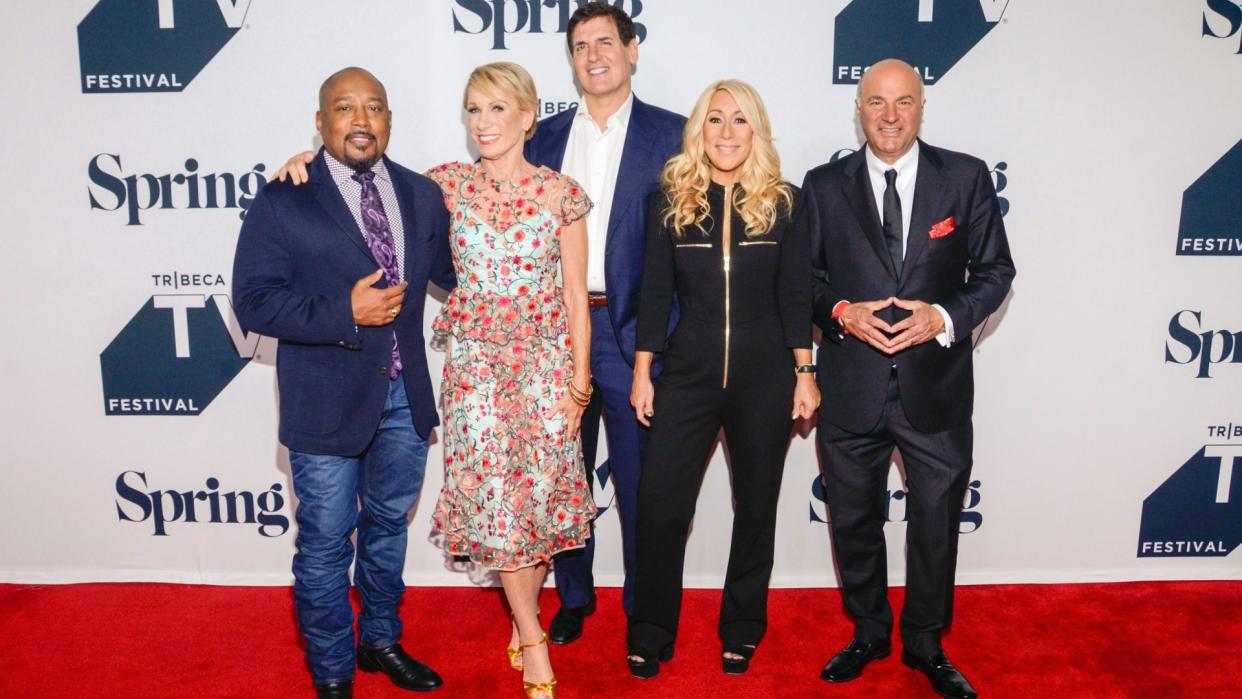Mark Cuban’s 3 Biggest ‘Shark Tank’ Fails To Learn From

“Shark Tank,” the popular ABC television show that first aired way back in 2009, has become something of a popular meme, with references to “Shark Tank” showing up all over popular media.
Read More: 5 Frugal Habits of Mark Cuban
Check Out: 6 Genius Things All Wealthy People Do With Their Money
However, not all of the products that received coveted “Shark Tank” deals have done as well as expected — and several that didn’t receive deals did better than they would have if their owners had accepted financing from one of the sharks.
One of the most famous sharks is Mark Cuban, co-founder of Broadcast.com (which was sold to Yahoo for $5.7 billion in 1999), owner of the Dallas Mavericks and founder of Cost Plus Drugs, a mainly philanthropic organization that aims to lower the cost of prescription drugs for millions who may not otherwise be able to afford them.
Some of Cuban’s investments have made him a lot of money, but not all of his picks have gone on to succeed.
Here is a look at some of Cuban’s “Shark Tank” bites that didn’t taste so good.
A Breathtaking Failure
One of Cuban’s biggest failures had to be the Breathometer. The idea could have been a revolutionary way to curb the problem of drunk driving. An entrepreneur named Charles Michael Yim pitched what he claimed was a smartphone Breathalyzer. According to Yim, this plug-and-play mobile phone accessory would allow users to analyze their blood alcohol content to see whether they were above the legal limit. Yim even claimed the app could arrange for safe travel through a ride-sharing or cab-calling feature.
Cuban and his fellow “Shark Tank” investors liked the idea so much that they collectively paid a million dollars for a 30% stake in the company. However, Yim spent the money on “networking” trips to exotic locations like Bora Bora and the Caribbean. That kind of networking has a hefty price tag, and before the product ever went into development, the “Shark Tank” funding was gone.
Yim said Cuban contributed $500,000, and Cuban called it “my biggest beating.”
Find Out: Mark Cuban’s 5 Best Passive Income Ideas
HyConn or High Con?
You would think any invention intended to help firefighters do their job more quickly and effectively would be a winner. Jeff Stroope brought just such an idea to “Shark Tank”: HyConn was a forward-thinking product designed to connect fire hoses to hydrants faster and with less effort.
This innovative product caught Cuban’s attention, leading to a negotiated deal of $1.25 million, contingent on Cuban’s sole ownership of the company. What originally looked like a solid plan for a needed product soon went up in smoke.
The reasons HyConn failed depend on whom you listen to. Cuban claims that Stroope overstated the company’s sale prices to artificially inflate its value, while Stroope is on the record as saying Cuban’s famous ego got in the way of the product’s success.
Toy Go Boom?
Last but not least on our list of ideas that looked better on paper is Toygaroo, less of an invention for a product and more of a service offering.
Creator Nikki Pope billed the Toygaroo as a “Netflix for toys,” and the idea proved to be so popular with the sharks that it earned an initial investment of $200,000 (in exchange for a 40% equity stake) from both Cuban and Kevin O’Leary.
Some toys turn into collectibles, which can be worth quite a bit of money years after they’re first made. But one important detail that Pope and her investors may have forgotten — and one that any parent could have reminded them of — is that most toys break. Despite the initial enthusiasm for the idea, which hoped to help parents defray the cost of toys that their little ones eventually get tired of, Toygaroo couldn’t sustain its business model due to overwhelming operating costs.
Toygaroo eventually went ToyGoodbye, and the company ultimately succumbed to bankruptcy within a year of its launch. This is a learning moment about the potential consequences of underestimating the total costs associated with running a business. The grand idea matters, but it pays not to lose sight of the finer details — they can make or (like toys) break your business.
More From GOBankingRates
Dave Ramsey: Why You Shouldn't Buy a New Car/Take Out an Auto Loan This Year
5 Reasons You Should Consider an Annuity For Your Retirement Savings
This article originally appeared on GOBankingRates.com: Mark Cuban’s 3 Biggest ‘Shark Tank’ Fails To Learn From
